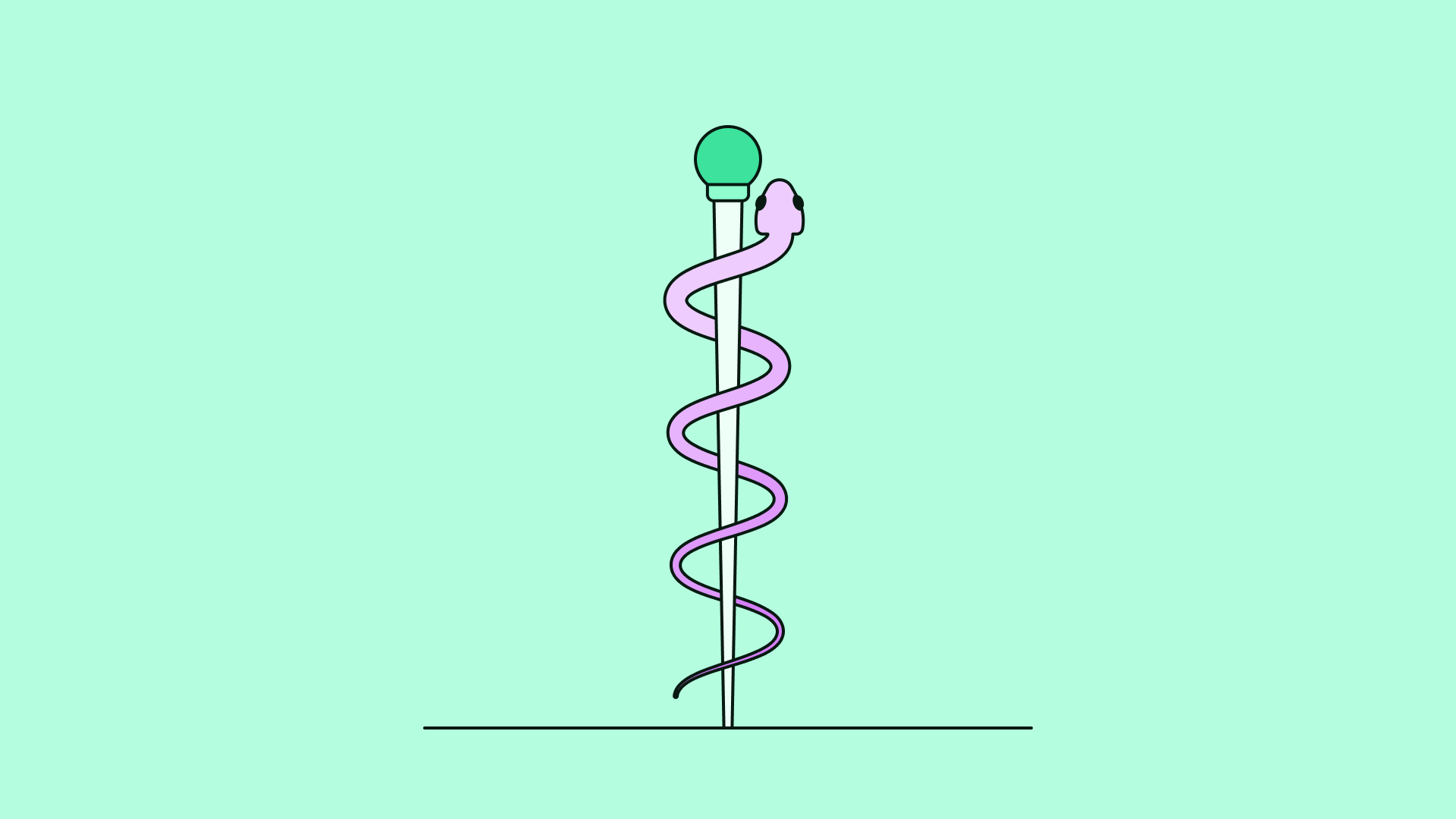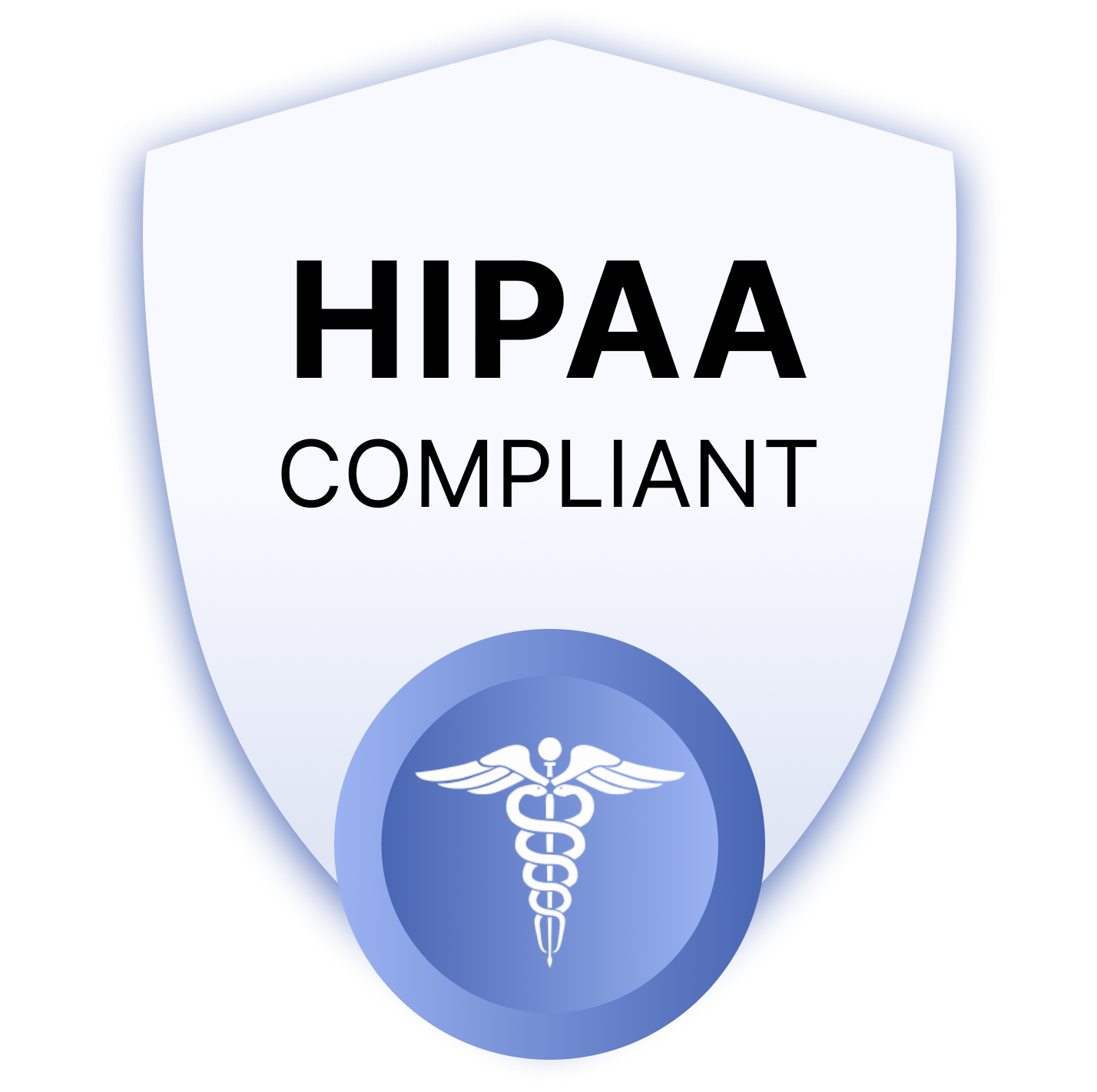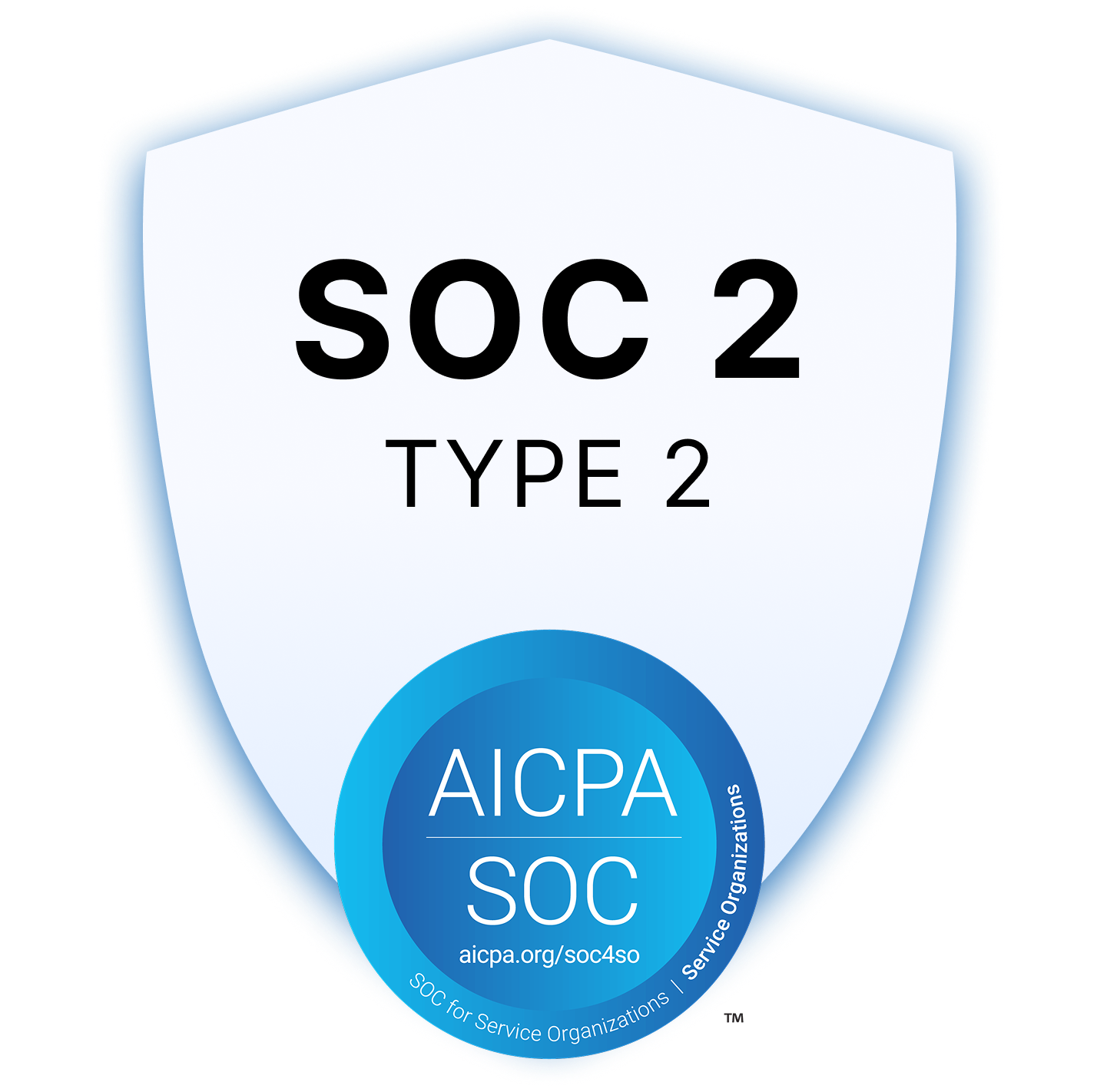
AI in Healthcare
3 min read
12 Real life Examples of AI in Healthcare
Summary
Your Competitors Are Embracing AI – Are You Falling Behind?
Artificial intelligence (AI) has steadily integrated into various sectors, with healthcare being one of the most impactful areas of application.
The integration of AI into healthcare has led to numerous advancements that offer improved diagnostics, personalized treatment plans, and better patient outcomes.
AI in healthcare examples range from algorithms that can accurately predict disease risk to sophisticated robots assisting in complex surgeries.
In this article, we will explore how AI is revolutionizing medicine through diverse applications and the benefits that these innovations bring to healthcare providers and patients alike.

Examples of AI in Healthcare: TL;DR
- Patient Positioning and Imaging: Artificial intelligence enhances precision in patient positioning and CT image reconstruction. Radiology departments benefit significantly, managing higher patient volumes and maintaining consistent image quality.
- Telemedicine and Remote Monitoring: AI substantially impacts telemedicine by telemonitoring patient vitals and tracking health metrics remotely, offering a robust solution for improving patient care and outcomes.
- Healthcare Data Management: Intelligent data management powered by AI streamlines large datasets, enabling efficient handling of patient records and research data, which aids in drug development and extensive medical research.
- Population Health and Cost Efficiency: AI in healthcare aims to improve patient and clinical team outcomes, reduce healthcare costs, and support population health management through predictive analytics and preventive care strategies.
The Growing Role of Artificial Intelligence in Healthcare
Artificial Intelligence (AI) is becoming a significant force in the healthcare sector. By automating mundane tasks, AI allows medical professionals to focus on patient care. For example, the innovations developed at the PKD Center at Mayo Clinic utilize AI to automate medical processes, generating results in seconds.
AI's ability to analyze large datasets helps in discovering new genetic links. This technology is used to find connections between genetic codes, significantly speeding up research. Additionally, AI-powered surgery-assisting robots enhance precision, leading to improved surgical outcomes.
In radiology, AI improves patient positioning and CT image reconstruction, ensuring consistency in image quality. This allows radiology departments to manage increasing patient volumes more effectively. An example of this can be seen through AI applications in the Mayo Clinic's Radiology Informatics Lab.
AI is also used in administrative tasks within hospitals. By automating scheduling and data entry, AI reduces the workload on administrative staff, thereby decreasing operational costs. Furthermore, AI personalizes treatment options, tailoring health care to individual patient needs.
AI's role in predictive analytics cannot be overlooked. By predicting disease outbreaks and patient outcomes, AI helps healthcare providers take proactive measures. These applications are enhancing patient care and operational efficiency in numerous healthcare settings. One can see AI's impact in areas like gene-based research and automated radiology tasks mentioned in examples from Philips.
The use of AI in healthcare is expected to grow, with the market projected to reach significant valuations by 2030. This surge in AI adoption demonstrates its pivotal role in transforming healthcare practices and improving patient experiences across various medical fields.
12 Real Life AI in Healthcare Examples
1. Risk Assessment Models for Cancer Diagnosis
AI systems are used to develop risk assessment models for cancer diagnosis. These models analyze vast amounts of data to predict individual cancer risks. For instance, breast cancer impacts over 250,000 U.S. women annually, with AI providing crucial support in identifying high-risk patients early.
2. CT Image Reconstruction and Patient Positioning
Radiology departments utilize AI to improve CT image reconstruction and patient positioning. This enhances image quality, ensuring precise diagnostics amidst increasing patient volumes.
3. AI-Driven Telehealth Platforms
Telehealth platforms enhanced by AI help provide remote consultation and monitoring. Through AI, these platforms can analyze patient data in real-time and alert healthcare providers to any concerning changes, streamlining care delivery, often with the support of an expert AI development company.
4. Disease Detection with Predictive Analytics
Predictive analytics powered by AI detects early signs of diseases. Google’s DeepMind Health, for example, has developed an AI system to analyze retinal images and identify diabetic retinopathy, which can lead to blindness if undiagnosed.
5. Drug Development
AI accelerates drug discovery by analyzing complex biological data. Companies use AI to identify potential drug candidates and predict their effects, significantly reducing the time required to bring new medications to market.
6. Intelligent Healthcare Data Management
AI solutions manage vast amounts of healthcare data efficiently, ensuring quick access to patient records and facilitating data-driven decisions. This improves operational efficiency and patient care quality.
7. Personalized Treatment Plans
AI assists in creating personalized treatment plans by analyzing patient data to provide recommendations tailored to individual needs. This leads to more effective and targeted treatments.
8. AI in Surgery
Robotic-assisted surgeries, guided by AI, enhance precision and control during procedures. AI systems analyze data in real-time, assisting surgeons in making informed decisions and improving patient outcomes.
9. Virtual Health Assistants
AI-driven virtual health assistants provide patients with instant access to medical information, appointment scheduling, and medication reminders. These assistants enhance patient engagement and adherence to treatment plans.
10. Fraud Detection in Medical Billing
AI identifies fraudulent activities in medical billing by analyzing billing patterns and detecting anomalies. This helps healthcare providers save costs and ensures compliance with regulations.
11. Mental Health Support
AI applications support mental health by monitoring patient data and providing interventions when necessary. AI tools can offer cognitive behavioral therapy and other forms of virtual counseling.
12. AI-Powered Diagnostic Tools
Diagnostic tools driven by AI provide accurate and rapid analysis of medical images and patient data. This technology supports healthcare professionals in diagnosing diseases and planning treatments effectively.
Final Thoughts on AI in Healthcare Examples
AI's role in healthcare is transforming various aspects of patient care and operational efficiency. For instance, AI enhances precision in patient positioning and CT image reconstruction, addressing the growing challenges in radiology departments.
The global AI medical market is projected to grow from $20.9B in 2024 to $148.4B by 2029. This growth underscores the reliance on AI for managing vast amounts of health data effectively.
AI continues to be a critical tool in the healthcare sector, addressing both clinical and operational challenges. As technology advances, the integration of AI into healthcare settings is poised to deliver more efficient and effective patient care solutions.
Unlock 300+ integrations with no hidden fees, bespoke rewards, and dedicated support
Related Articles














